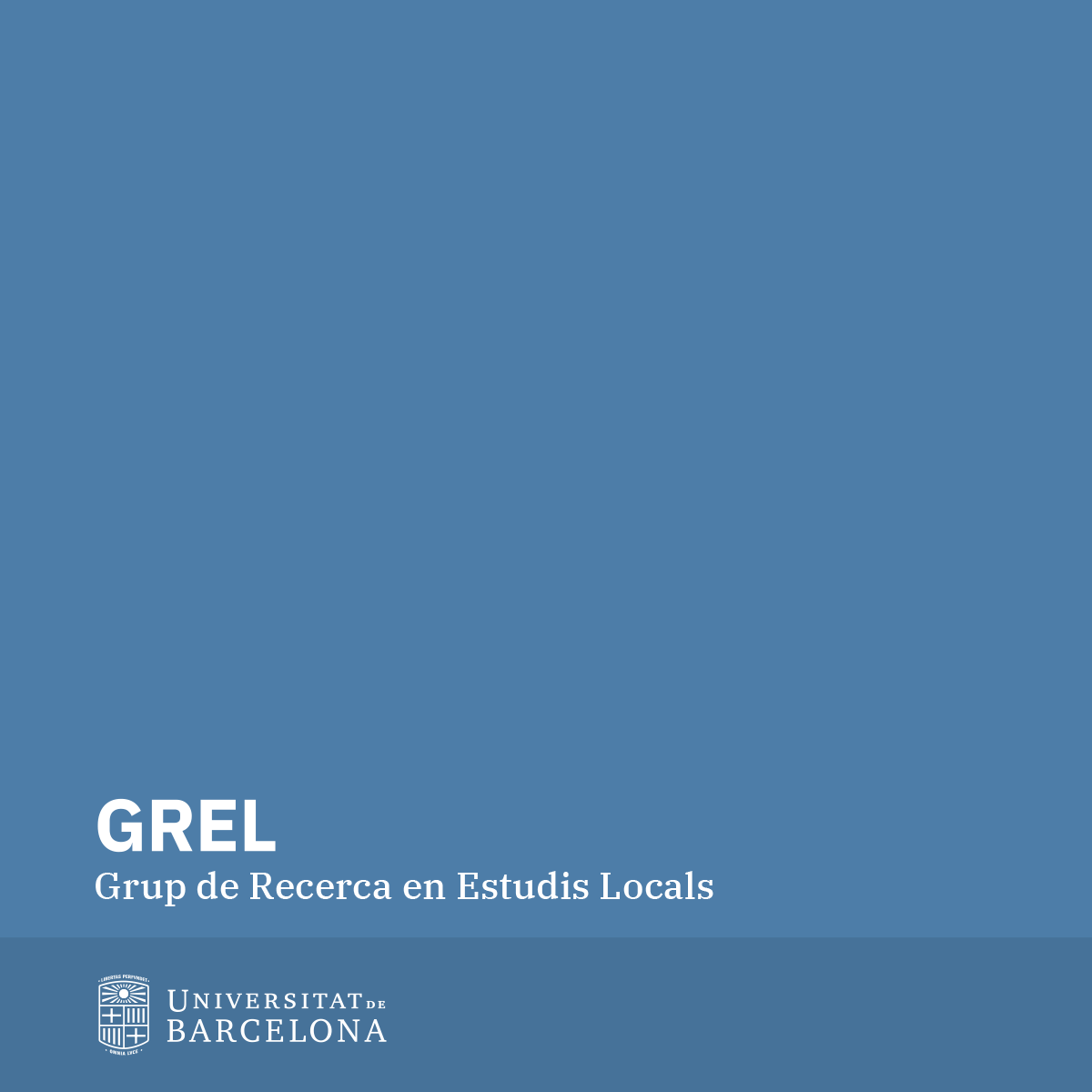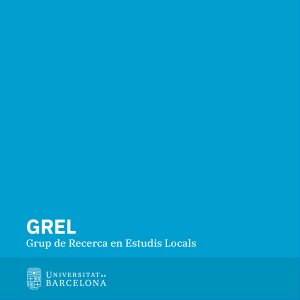Descripció
This article analyzes the impact of the arrival in the Barcelona City Hall of Barcelona en Comú (BeC), the citizen platform led by activist Ada Colau, in relation to the issue of metropolitan governance. This platform has emerged as an alternative to the conservative government of Xavier Trias during the previous term (2011-2015), which had itself ended 30 years of left-wing government. BeC’s proposals claim to break with the previous model, but they must contend with strong (formal and informal) trends of institutional functioning. We analyze to what extent it is possible to detect a change compared to the approaches to metropolitan governance, specifically in relation to the public policies (output legitimacy) and to the democratic representation (input legitimacy). Cet article analyse l’impact de l’arrivée à la mairie de Barcelone de Barcelona en Comú (BeC), la plateforme citoyenne dirigée par l’activiste Ada Colau, par rapport à l’enjeu de la gouvernance métropolitaine. Cette plateforme a surgi comme alternative au gouvernement conservateur de Xavier Trias lors du mandat antérieur (2011-2015), qui avait lui-même mis fin à 30 années de gouvernement de gauche. Les propositions de BeC prétendent rompre avec le modèle précédent, mais elles se heurtent à des tendances lourdes (formelles et informelles) de fonctionnement institutionnel. Nous analyserons dans quelle mesure il est possible de déceler un changement par rapport aux approches de la gouvernance métropolitaine, concrètement en relation aux politiques publiques (output legitimacy) et à la représentation démocratique (input legitimacy).







